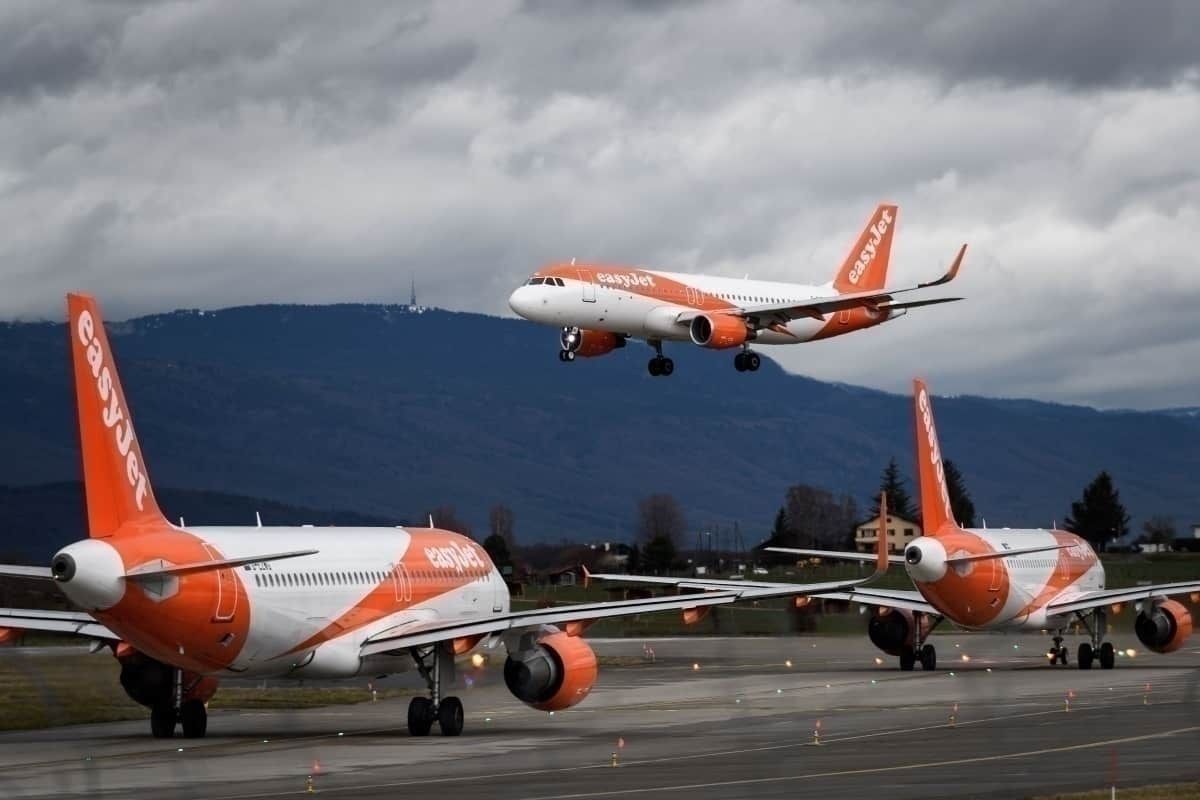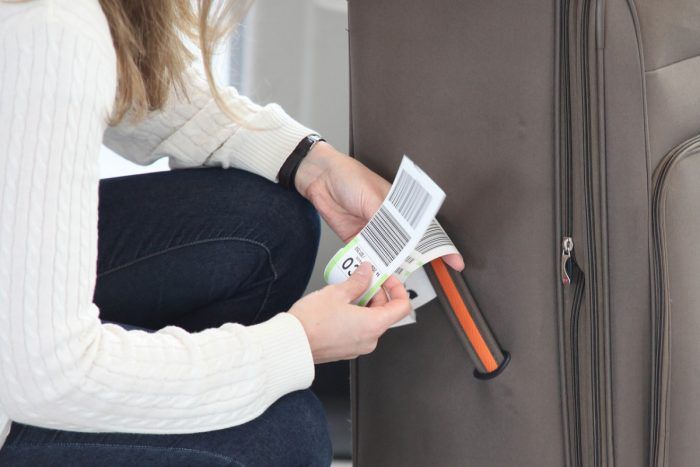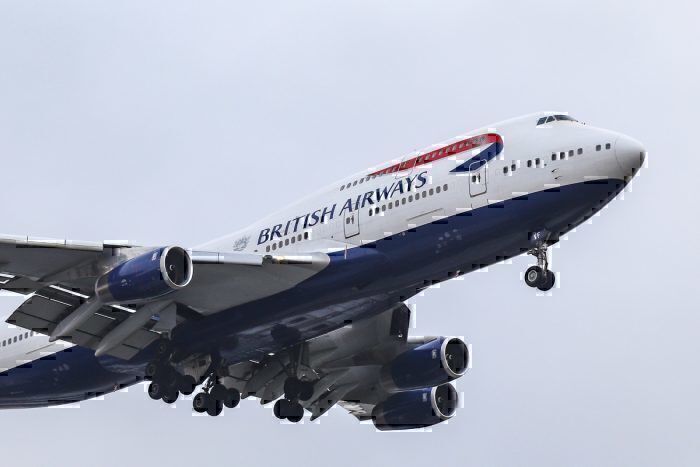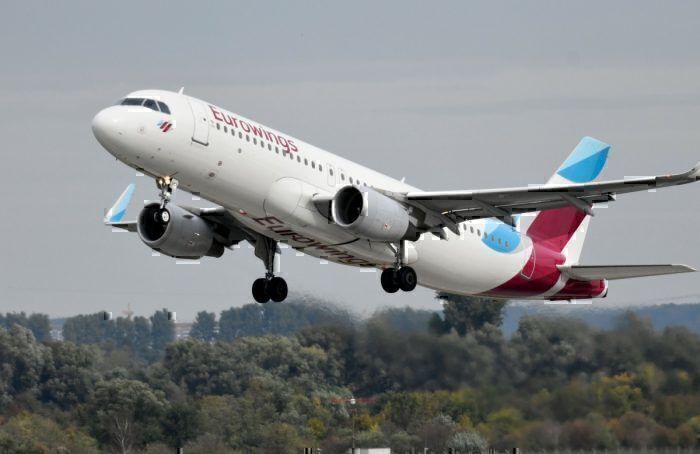European airlines snagged a staggering $31.5bn in ancillary revenue over the past 12 months, according to a recently published study. Ancillary revenue in Europe has risen by 122% in just four years, and globally by just over 100%. In total, the value of ancillary revenue to airlines all over the world is estimated to be $75.6bn, and is predicted to continue to rise in the coming years too.
Europe leads the way on ancillary revenue
A new piece of research issued by CarTrawler in partnership with IdeaWorks has evaluated just how much money airlines are making on so-called ancillary revenue. This is revenue derived from everything other than ticket sales, and encompasses things like seat reservations, checked bags and buy on board refreshments, as well as extras booked through the airline’s platform like hotels and rental cars.
The research showed that, for the 2019 calculation, the European region (which includes Russia in this study) led the way on ancillary revenue generation. The region netted $31.5bn from ancillary sales, up more than 120% since 2015 when it was estimated to be worth $14.2bn.
Coming in a close second was the Asia/Pacific region, at $21.1bn. This region had the largest growth since 2015 of 158%. North America was next, with revenues of $14.8bn, up just 38% from 2015’s figure of $10.8bn, while Africa and the Middle East achieved $5bn. Although a small number, this region had the second-highest level of growth, boosting sales by 147% since 2015.
Bringing up the rear is Latin America and the Caribbean. Here, revenue reached $3.2bn in 2019, up 112% from 2015’s figures. Overall, this put the global value of ancillary sales at a staggering $75.6bn, double the $36.7bn achieved in 2015.
What’s behind Europe’s massive revenue share?
Anyone who’s traveled in Europe will be acutely aware of the increasingly inventive methods employed by low-cost carriers to extract money from passengers. Just making a booking on Ryanair means clicking through multiple pages of ‘upsell’ attempts, but are the low-cost carriers solely to blame?
Actually, it appears not. Of the revenue generated in Europe throughout 2019, only 27.1% was accounted for by low-cost carriers. That’s only just over a quarter! The other 72.9% was generated by full-service airlines, such as Lufthansa, British Airways, KLM and others.
European fliers will be familiar with British Airways’ switch to buy on board for short-haul flights. Other airlines have been doing their bit to boost ancillary sales too, with Aeroflot introducing basic economy in 2019 and SAS even setting up a whole separate business unit to grow its ancillary revenue.
Despite the full-service airlines pitching in with their own ancillary revenue streams, low-cost carriers still led the way. The top three airlines for generating ancillary revenue in Europe, unsurprisingly, were easyJet, Ryanair and Eurowings. Overall, ancillary revenue continued 11.8% of total airline revenue in Europe over the course of last year.
The unbundling continues
Studies like this just go to show how much airlines rely on ancillary revenue to bolster their main earnings. It’s also a clear demonstration of just how much impact Europe’s low-cost carriers are having on the aviation marketplace. As LCCs have driven fares down, full-service airlines are increasingly coming under pressure to unbundle services so that their own fares can remain competitive.
The divide that once clearly separated the LCC from the full service, traditional airline is becoming more blurred every day. As more airlines adopt basic economy fare tiers, their share of ancillary revenue will continue to rise. At the current trajectory, the global value of ancillary revenue could pass $100bn within the next five years, particularly as airlines in other geographies strive to catch up.
How do you feel about ancillary revenue? Do you prefer to pay for what you need, or would you rather use all-inclusive services where everything is taken care of?




